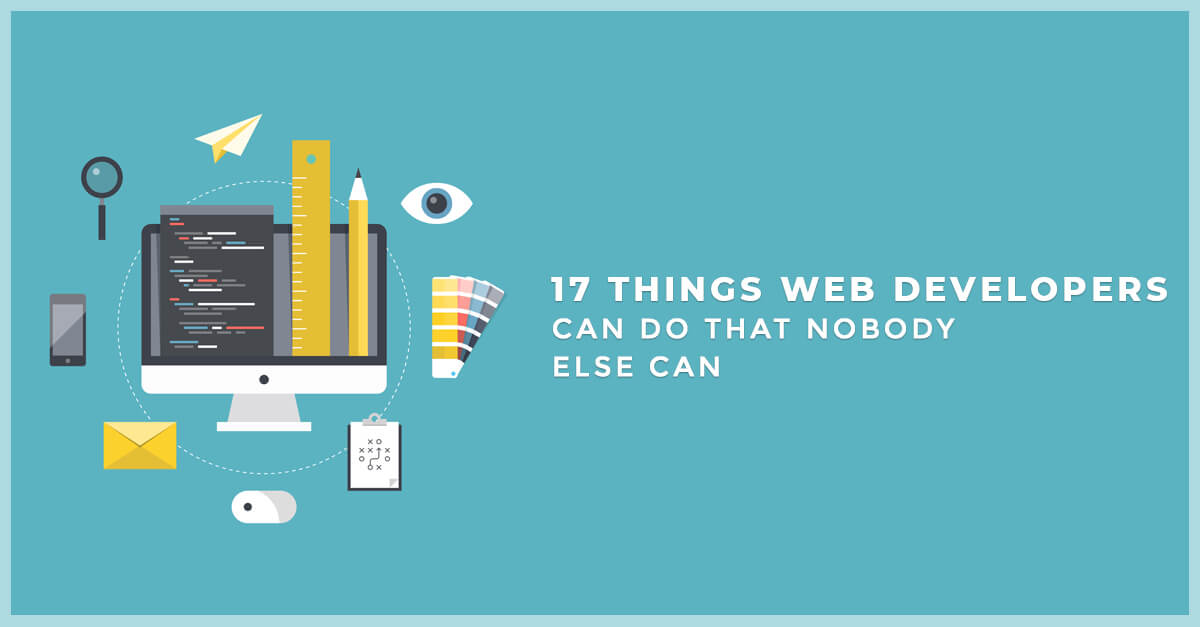

Skill 2: Learn to Break Large Problems into Smaller OnesĮach team member works as a multiplier on the amount of code the team can produce.

By responding to feedback on GitHub you will continue to grow, and become a stronger developer. This means that responding to feedback on your code is critical for you to be an effective developer. Respond to people’s concerns about your code, either through code changes or comments on the GitHub platform.Īs a developer, your job isn’t just to implement features, but to write code that implements features that lives up to your team’s high standards.Make notes on other people’s code about things you think they might’ve overlooked in their code.Create new pull requests and propose your code changes to the team.

Whether you’re looking to contribute to open source projects or work on a technical team you’ll be expected to have the following skills: You can see how a mentor used the inline code commenting feature on particular lines of code, to help a student organize his code better The lines of code that are removed are displayed in red, and the lines of code that are added are displayed in green. In this process, you present your proposed code changes and allow other developers to look through those changes.īelow is a GitHub pull request example from one of our Firehose Project students. Requesting a code review prior to new code being accepted into the main branch is known as issuing a pull request, and the best technical teams don’t allow any code to enter their project without going through this pull request process. Code reviews happen when another team member, who was not involved in writing the code, reviews the proposed code additions and changes line-by-line, and looks for things that could potentially cause unexpected problems.īecause code reviews happen frequently, GitHub comes with advanced features empowering teams to easily perform code reviews. The best teams require code reviews before code changes are accepted into a project, to ensure the quality of the code is up to their high standards. When working as part of a technical team, it is the whole team’s responsibility to make sure that only high-quality, well tested, and bug-free code is accepted into the project. That means if you take sloppy short-cuts or write poor quality code you will be the only person that has to pay the price. When working by yourself, you alone are responsible for the quality of the code. Skill 1: Learn to Initiate GitHub Pull Requests & Code Reviews In addition to this, it will also teach you 7 key skills that are critical to getting hired as a web developer. Working in the right group environment will help you become a happy and productive team member that other developers want to work with. This means you’ll need to code together on a project with other people, who are as invested as you are in seeing the project be a success. Working on a team, however, requires a different skill set than you would need working by yourself.īecoming a productive team member is something you can only learn by actually placing yourself inside a real group project, going through the trial-and-error process, while being in a supportive environment. Through constant feedback on your code, you can expect to consistently improve and learn something new every single day. Other members of your team have an interest in providing you mentorship and helping you become an even better developer.
#GITHUB KEN MAZAIKA SOFTWARE#
When starting a career as a web developer, you will be thrown into a team of other developers, both junior and senior, and expected to be able to add value from day one.ĭeveloping software as part of a team has a huge upside for junior developers.
#GITHUB KEN MAZAIKA HOW TO#
If you want to help build best-in-class software for everyone to use, one of the most critical things to master is how to become a productive member of a technical team. Despite serving wildly different purposes, what do all these pieces of software have in common? The answer is that t hey are all written by a technical team working together to build the best program possible. Consider all the different types of software you use in everyday life: Facebook to see what your friends are up to, Google Chrome to browse the internet, Skype to contact friends and family, and Spotify to listen to music.


 0 kommentar(er)
0 kommentar(er)
